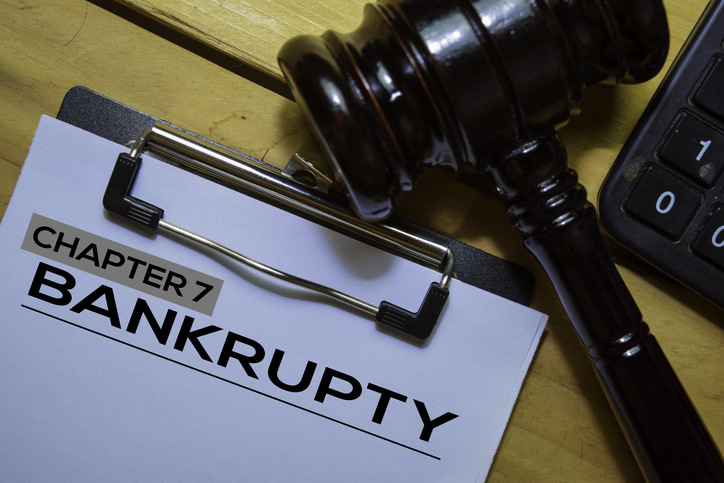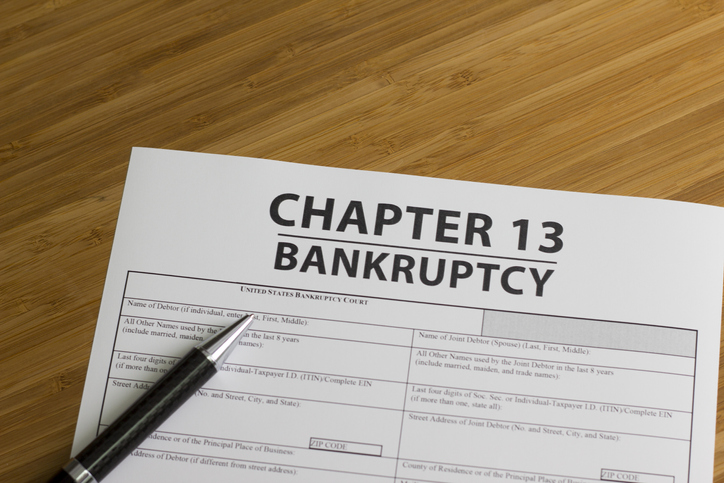Amortization of Debt Action

Although it is not technically proper to refer to these state-law debtor actions as a “ Chapter 128,” this bankruptcy-sounding label is widely used for that purpose. Chapter 128 of the Wisconsin Statutes was established in 1937 and was modeled on selected provisions of the federal Bankruptcy Act of 1898, as amended through 1928. The fairly short section of the chapter discussed in this article describes the legal foundation for establishing a personal receivership wherein, much like in a federal Chapter 13 “ wage earners” bankruptcy, a person may amortize problem debts through a deliberate and scheduled repayment plan. The statute empowers a circuit court to appoint a trustee to administer the debtor’s estate and to issue a protective order that forces most types of creditors to accept remittance via monthly payments over a period as long as three years.1 This arrangement becomes binding even if the creditor and debtor have a contract that dictates different terms.
How Chapter 128 Works
A debtor filing Chapter 128 fills out a simple petition to reorganize debts and an affidavit listing the debts he or she wishes to include. The debtor also needs to assert in the affidavit that he or she will make regular payments over the course of up to three years.
With the help of a trustee, the debtor makes a repayment plan by totaling the debts plus the trustee’s fees and dividing by 36 to get a monthly repayment amount. The debtor submits the petition, affidavit and repayment plan to the court in the county in which he or she lives and the court will issue a protective order preventing interest from accruing on the debts, wage garnishment or asset attachments by creditors.
The debtor sends the monthly payment to the trustee. If a debtor fails to complete the repayment plan, he or she is liable for the interest that accrued during the time the plan was in effect and creditors are free to recommence collection actions.
What Kind of Debt is Included in Chapter 128
Generally, you can include any unsecured debt, such as late rent, payday loans, credit cards, medical bills, accounts in collection, etc. You usually cannot include secured debt, such as a car payment or mortgage, UNLESS the creditor agrees. However, remember that the plan must result in all included debts being paid off in three (3) years, so large debts may not be appropriate for amortization.
How is Chapter 128 Different than a Chapter 7 or Chapter 13 Bankruptcy
Unlike a Chapter 7 bankruptcy, amortization of debt action does not discharge (or wipe out) debt without payment. All included debts must be paid in full via the payment (amortization) plan. The amortization plan is more like a Chapter 13 bankruptcy plan. However, there are many differences between bankruptcy and amortization. To understand the differences and which is best for you, you may wish to seek the advice of an attorney.
call Our Office With Any Questions
We offer a FREE NO OBLIGATION CONSULTATION providing you with an explanation of all of your options including Chapter 128. If you choose to hire us to assist you, we offer AFFORDABLE PAYMENT PLANS to fit your budget.
You can do this! You have more options than you think!
CALL NOW 888-517-5300






